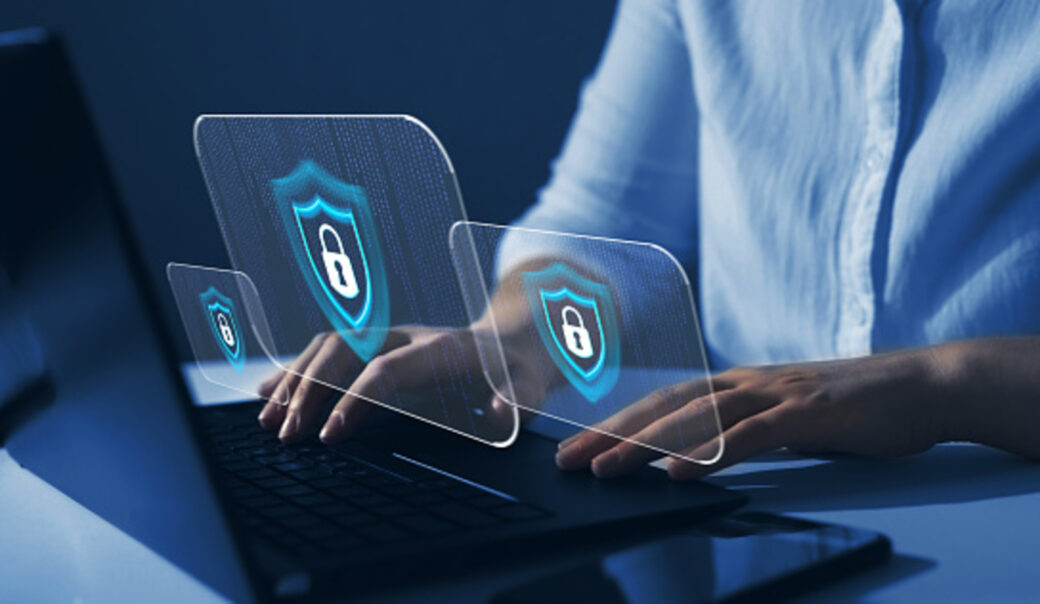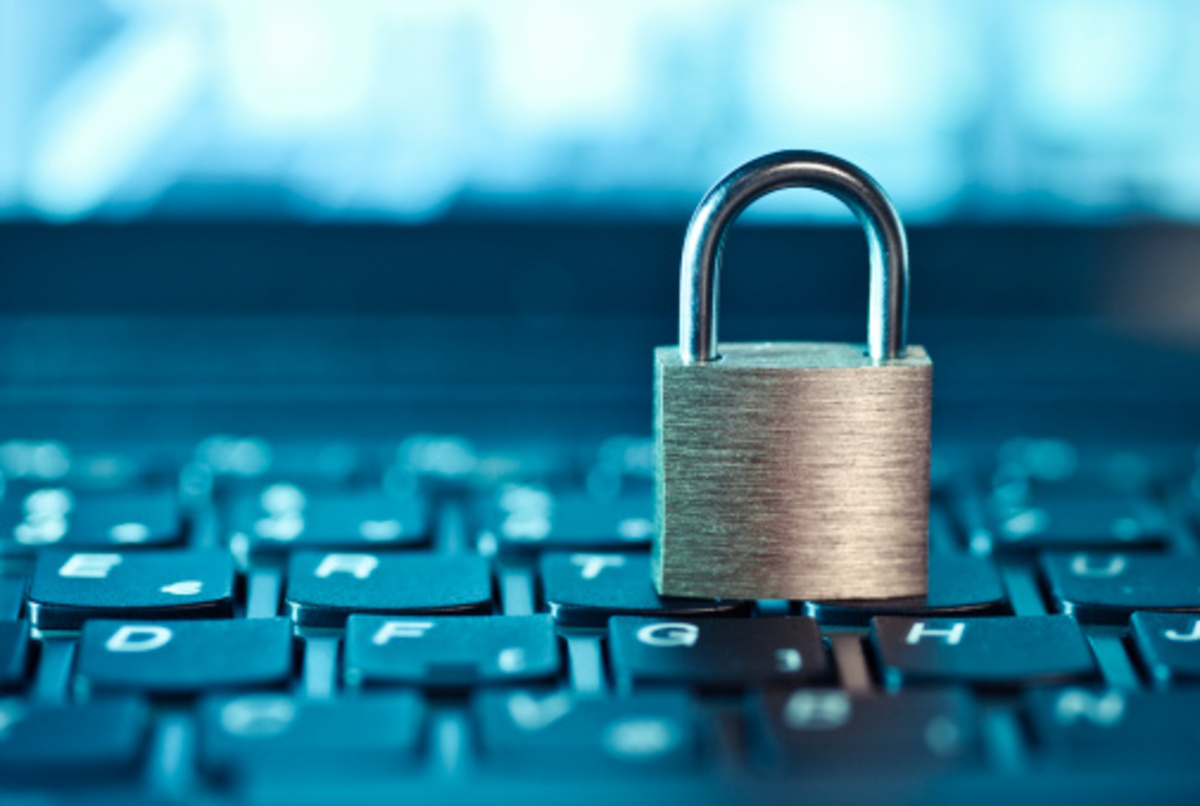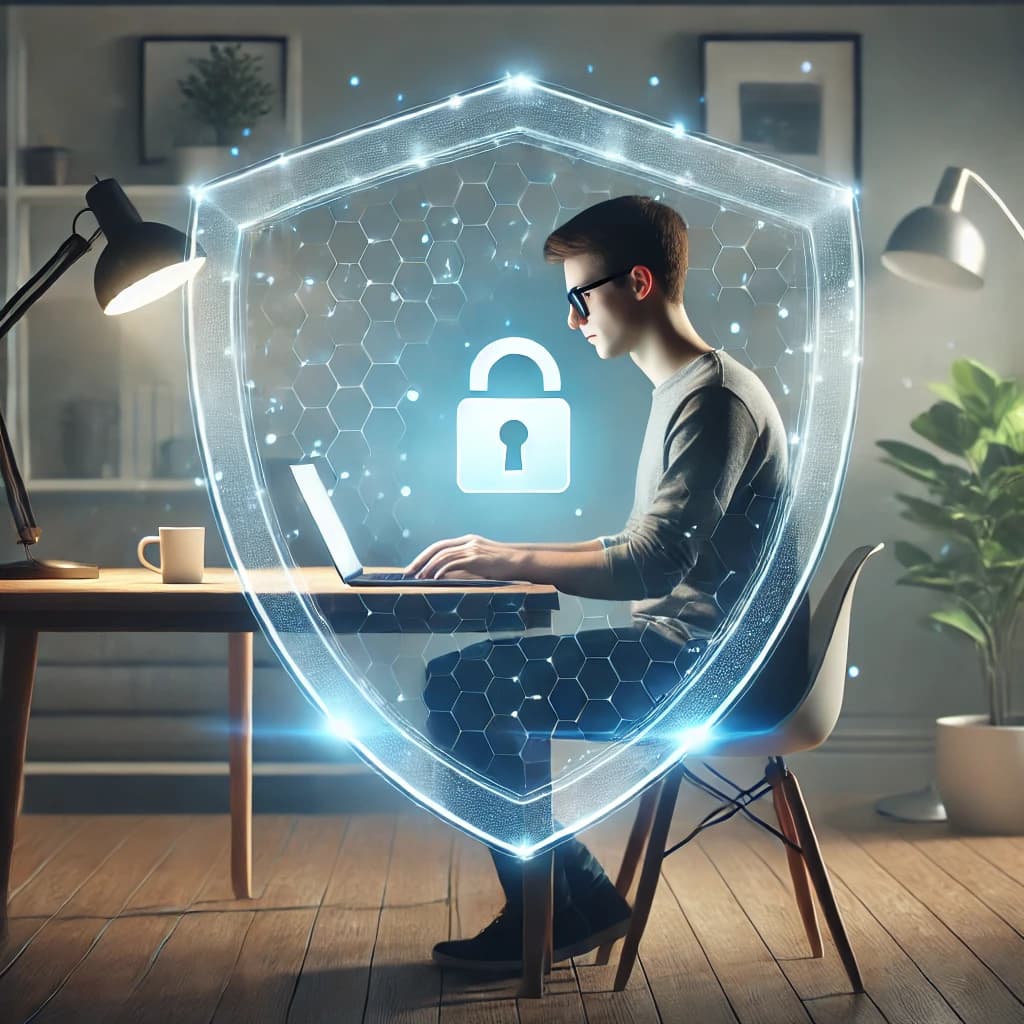Online safety is an important topic, and you’re right to get concerned. You have to educate yourselves about it. Just like you’d teach your children about strangers and riding bikes, you must also stay on top of the latest online safety tips.
Protecting yourself online with so much personal and essential information in the digital world today is necessary.
Below is a list of essential online safety tips you should know. Staying safe online is not hard when you know what to watch out for.
Create Strong Passwords and Don’t Re-Use Them
If you’re using the same password for multiple accounts, it’s time to change that. Hackers can use brute force attacks to guess your passwords based on your email address, name, or birthdate. They can get into all your accounts if they succeed in guessing one of your passwords.
Strong passwords are long, complex, and unique, so hackers can’t guess them. The longer the password, the better: a 15-character password is much harder for hackers to crack than a 10-character one. You should also avoid using simple words like “user” or “password” as part of your password.
Create strong passwords by combining upper and lowercase letters, numbers, and symbols such as !@#$%. The more complicated you make it, the better.
Beware of Phishing Attacks
Phishing attacks rely on tricking victims into providing personal information. They may include passwords and credit card numbers by sending them emails or text messages that appear to be from legitimate companies or organizations.
Phishing emails often contain attachments or links that lead victims to fraudulent websites designed to steal their personal information. The attacks can also occur in person if someone tries to deceive you into giving them sensitive information by claiming to represent a company or organization when they do not have any connection with them at all.
Update Your Software Regularly
You need to update your software regularly. If you don’t, you could leave yourself vulnerable to attack and expose personal information that cyber criminals could use.
It’s essential to keep all your software up-to-date as soon as new versions are released. This includes operating systems, browsers, and antivirus software.
The problem is that many people don’t bother with updates because they think it will take too much time or they’re worried about compatibility issues. But the reality is that updates rarely cause problems with existing programs and devices, and they often fix security vulnerabilities that can leave your devices open to attack.
Back-Up Your Data
Like most people, you probably don’t realize how important it is to back up your personal and business data. Recovering from a hard drive crash or other disaster is essential for individuals and businesses. This is why it’s important to keep a good backup of all your documents and files, including those in your email accounts, cloud storage, and other communication tools.
If something happens to your computer or hard drive (or even if you just make changes to your email address or password), there’s no way to recover that information unless you have an exact copy.
Sometimes restoring from backup can be as simple as copying over the old files onto a new drive or computer. But if that’s not possible, then having an offsite backup will help ensure that you’ll never lose anything again!

Install Antivirus Software
Viruses can wreak havoc on your computer, but they’re often preventable with simple software updates and maintenance routines like antivirus programs. These programs scan for malware threats and spyware, which can be just as dangerous. That’s because it has access to sensitive information about your computer and its users — including users who aren’t even aware their machines have been compromised yet!
You’ll find free and premium antivirus programs from providers like Avast! or AVG Antivirus (which offers a free version). These programs are easy to install and maintain, so there’s no excuse not to protect yourself from internet threats!
Secure Your Social Media Accounts
Your Facebook profile, Twitter account, and other social media profiles are all public by default. Anyone who knows your name (or at least your username) can see all the photos you’ve uploaded and the status updates you’ve made since signing up for the service. And because most people don’t change their privacy settings when they sign up, anyone can see their entire friends list and private messages.
It’s not just your friends who need to worry about this—if someone with malicious intent figures out your username, they can likely find out who some of your friends are, too, and see any private messages you might have received from them or vice versa.
To keep yourself safe from stalkers or identity thieves, change your privacy settings so that only people you approve can view certain parts of your profile. You’ll still want to share some things with others (like photos), but there’s no reason strangers should see everything on your page just because they know your name.
Use Two-Factor Authentication
Two-factor authentication (2FA) is a security feature that provides additional protection for your login details. It works by requiring you to enter a code that is sent to your phone or generated by an authenticator app on your phone before you can log in. If someone tries to access your account without the code, they won’t log in successfully.
You may not have heard of 2FA before because it’s not yet widely available. However, many major websites and apps such as Facebook, Twitter, and Dropbox have started rolling out 2FA services over the past year — so look out for this service if it’s available on the sites where you use your email address as your username.
Beware of Free Wi-Fi
If it’s too good to be true, it probably is. Don’t be fooled by “free” Wi-Fi hotspots that ask for your credit card number or other personal information. These APs may be set up by criminals who are looking to steal your information or other personal data by using what’s known as a man-in-the-middle attack.
A man-in-the-middle attack attempts to fool users into thinking they’re connected to a legitimate network when they’re not; instead, they’re connected directly to the hacker’s computer, stealing their data — all while appearing as if they’re connected normally to their own ISP’s network.
Don’t Share Personal Information Online
Never share personal information online unless you’re sure it’s safe and secure. Don’t tell anyone your name, address, or phone number if you don’t know them well! Also, avoid giving out other personal information such as birth date or place of birth until you are sure who you’re talking to online.
If someone asks for this type of information in an email or instant message, be suspicious because there is no need for them to have it. The same applies if someone asks for money from you — never send money by bank transfer.
Remain Safe!
There is no way to be one-hundred percent safe online, but following these tips will hopefully help you stay safe—or at the very least, alert you when something might be unsafe. It’s also worth noting that most modern browsers offer some added security and privacy settings tools, which could be worth exploring if they are not already enabled.



